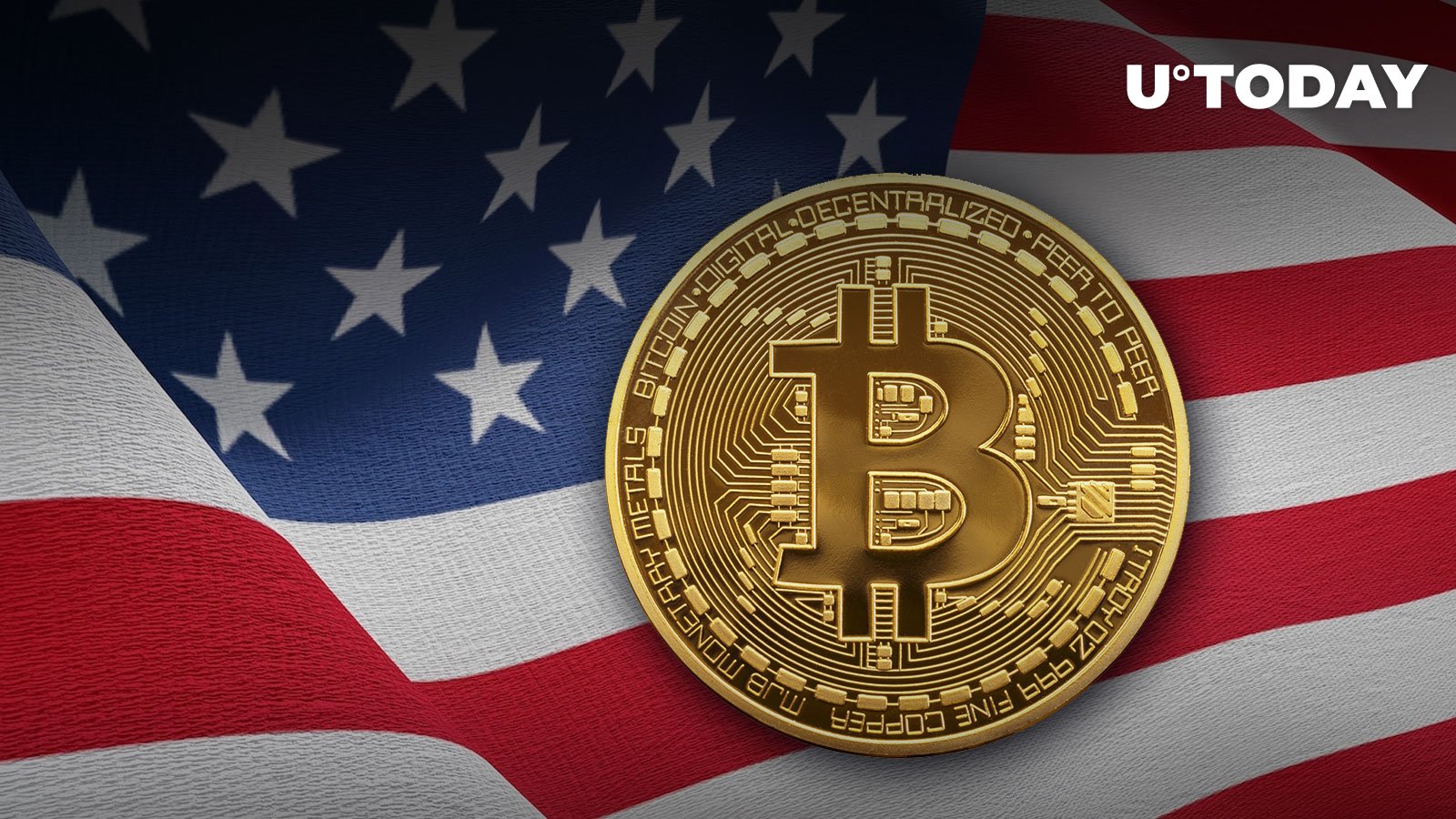US Government Holds $5B in Bitcoin: WSJ
The post US Government Holds $5B in Bitcoin: WSJ appeared on BitcoinEthereumNews.com. Alex Dovbnya The Wall Street Journal has revealed that the U.S. federal government holds a staggering $5 billion worth of Bitcoin after strategic crackdowns on cybercrime and darknet activities A recent report from The Wall Street Journal has revealed that the U.S. federal government holds an astonishing $5 billion in Bitcoin, the world’s largest cryptocurrency. This vast cryptocurrency fortune is a byproduct of the government’s aggressive efforts to thwart cybercrime and illicit online activities. How the U.S. government has amassed its Bitcoin fortune The massive hoard of bitcoin under the U.S. government’s control stems from several high-profile operations and crackdowns on cybercriminal activities and darknet platforms. A notable example was the intervention in the Bitfinex cyber attack, which took nearly six years to complete and resulted in the Justice Department securing a significant amount of Bitcoin. Similarly, the notorious shutdown of the online drug marketplace Silk Road in 2013 allowed the government to seize a hefty volume of bitcoins. Additionally, other operations involving individuals and entities involved in cybercrimes, including the cases against Ilya Lichtenstein and his wife, Heather Morgan, contributed to the government’s increasing stash. These actions, as detailed by The Wall Street Journal, represent just the tip of the iceberg, with many other operations consistently adding to the vast reserve. How it sells Bitcoin Following the confiscation of Bitcoins from illegal sources, a meticulous legal process ensues, which can sometimes span several years. For instance, it took nearly six years for the legal machinations related to the Bitfinex cyber attack to reach a conclusion, culminating in the Justice Department taking control of the assets. When the legalities are settled, the U.S. Marshals Service assumes the responsibility of liquidating these assets. The initial strategy favored was auctions, which, in the past, have proven lucrative for buyers such as venture…

The post US Government Holds $5B in Bitcoin: WSJ appeared on BitcoinEthereumNews.com.
Alex Dovbnya The Wall Street Journal has revealed that the U.S. federal government holds a staggering $5 billion worth of Bitcoin after strategic crackdowns on cybercrime and darknet activities A recent report from The Wall Street Journal has revealed that the U.S. federal government holds an astonishing $5 billion in Bitcoin, the world’s largest cryptocurrency. This vast cryptocurrency fortune is a byproduct of the government’s aggressive efforts to thwart cybercrime and illicit online activities. How the U.S. government has amassed its Bitcoin fortune The massive hoard of bitcoin under the U.S. government’s control stems from several high-profile operations and crackdowns on cybercriminal activities and darknet platforms. A notable example was the intervention in the Bitfinex cyber attack, which took nearly six years to complete and resulted in the Justice Department securing a significant amount of Bitcoin. Similarly, the notorious shutdown of the online drug marketplace Silk Road in 2013 allowed the government to seize a hefty volume of bitcoins. Additionally, other operations involving individuals and entities involved in cybercrimes, including the cases against Ilya Lichtenstein and his wife, Heather Morgan, contributed to the government’s increasing stash. These actions, as detailed by The Wall Street Journal, represent just the tip of the iceberg, with many other operations consistently adding to the vast reserve. How it sells Bitcoin Following the confiscation of Bitcoins from illegal sources, a meticulous legal process ensues, which can sometimes span several years. For instance, it took nearly six years for the legal machinations related to the Bitfinex cyber attack to reach a conclusion, culminating in the Justice Department taking control of the assets. When the legalities are settled, the U.S. Marshals Service assumes the responsibility of liquidating these assets. The initial strategy favored was auctions, which, in the past, have proven lucrative for buyers such as venture…
What's Your Reaction?













































